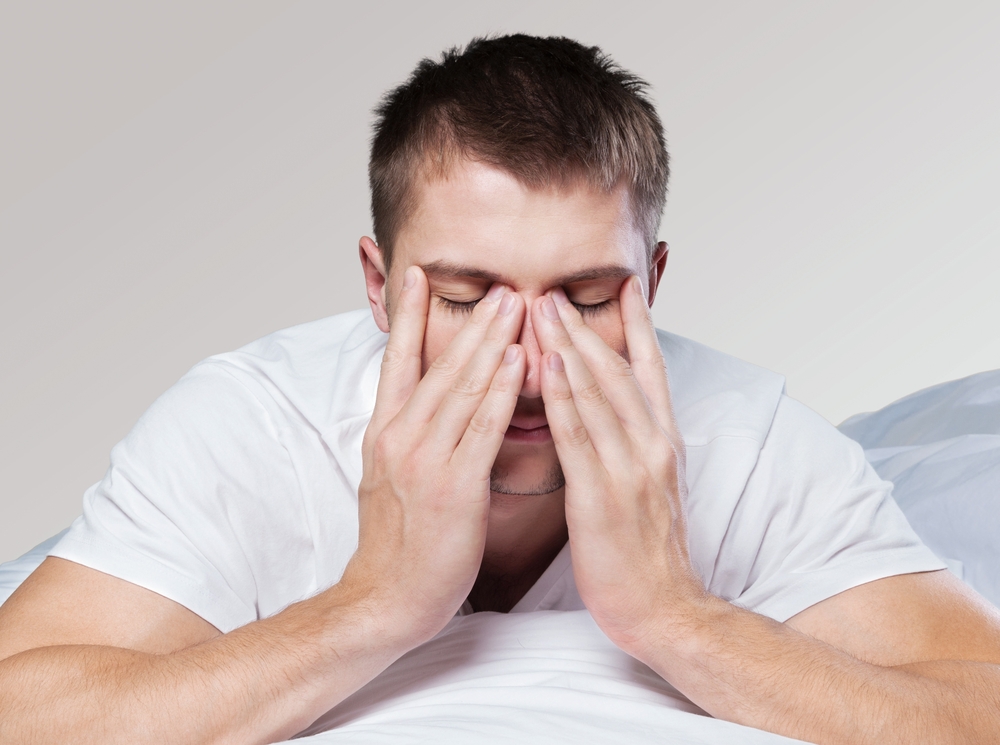 Most people never envision that they will have trouble getting pregnant when they decide they are ready to have a baby. However, male fertility problems affect a number of men and can be a serious roadblock for couples trying to conceive. While there are many potential causes of male infertility, one source of this problem is hypogonadism. Dr. Larry Lipshultz offers hypogonadism treatment to our Houston patients so that they have the chance to experience the joys of parenthood.
Most people never envision that they will have trouble getting pregnant when they decide they are ready to have a baby. However, male fertility problems affect a number of men and can be a serious roadblock for couples trying to conceive. While there are many potential causes of male infertility, one source of this problem is hypogonadism. Dr. Larry Lipshultz offers hypogonadism treatment to our Houston patients so that they have the chance to experience the joys of parenthood.
What Is Hypogonadism?
Male hypogonadism is a condition in which men fail to produce an adequate amount of the hormone testosterone. Since this hormone is responsible for the growth, development, and function of the male genitalia, this condition can greatly affect a male’s ability to produce sperm. Hypogonadism can develop during different stages of a man’s life. While some men are born with hypogonadism, others develop this condition during puberty and still others develop it later in life, often as the result of an illness, injury, or infection.
Symptoms of Hypogonadism
Hypogonadism can affect males in different ways, depending on when the condition develops. In infancy, this condition can inhibit the growth and development of male genitalia. During puberty, the condition may decrease muscle mass, impair the growth of the penis and testicles, or lead to the development of breast tissue.
It is when hypogonadism affects a male later in life that it can have an effect on fertility. Some of the symptoms of hypogonadism in adult males include the following:
- Decrease in muscle mass
- Osteoporosis
- Decrease in facial and body hair
- Development of breast tissue
- Fatigue
- Decreased sex drive
- Erectile dysfunction
- Infertility
Males who are experiencing any of these symptoms should see a fertility specialist such as Dr. Lipshultz to discuss treatment options.
Treating Hypogonadism
There are two primary treatment options to consider in regards to the treatment of hypogonadism: hormone replacement therapy and assisted reproduction. Below is some information about each type of treatment:
- Hormone replacement treatment: Hormone replacement therapy, or testosterone replacement therapy in particular, is a good option when a patient is suffering from hypogonadism as a result of testicular failure or a pituitary problem. Testosterone replacement therapy (or TRT) can increase energy, improve sex drive and sexual functions, and give patients an overall improved feeling of well-being. In some cases TRT may also correct infertility problems.
- Assisted reproduction: While TRT can effectively address infertility problems in some cases, it is not always effective. In these cases patients should consider assisted reproduction. Assisted reproduction treatments such as IVF can help patients overcome fertility problems in order to conceive.
Schedule an Appointment
If you are facing infertility problems and would like to find out why, schedule an appointment with Dr. Larry Lipshultz at your earliest convenience. Dr. Lipshultz can help to diagnose the source of male infertility and discuss viable treatment options. We look forward to helping you overcome infertility so that you can experience parenthood.